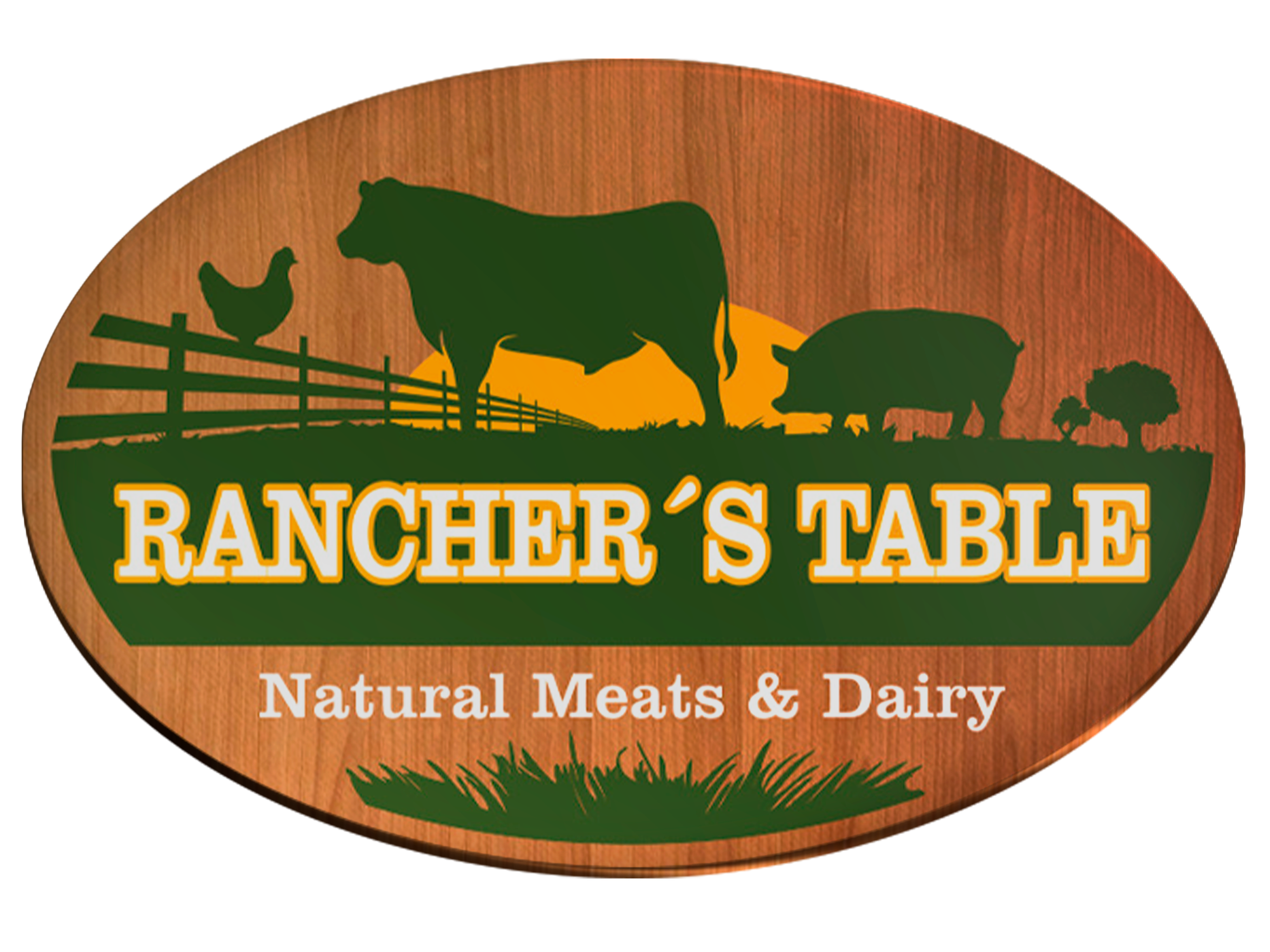Glossary

Adaptive System – A system (like the human body) that adjusts and responds to different conditions, such as changes in food intake.
Adjuvants – Substances added to vaccines to enhance the body’s immune response to the vaccine.
Antibiotic Resistance – The ability of bacteria to withstand the effects of antibiotics, making infections harder to treat.
Antibiotic-Resistant Bacteria – Bacteria that have evolved to withstand antibiotic treatments, making infections harder to treat.
Animal husbandry – The practice of breeding and caring for animals using methods that emphasize natural well-being and responsible management.
Antioxidants – Molecules in food that help prevent oxidative damage in cells.
Artisan / Artisanal – A term that describes items crafted by hand using traditional methods, emphasizing quality, uniqueness, and cultural heritage.
Bioavailability – The degree to which a nutrient is absorbed and utilized by the body.
Biodiversity – The variety of living organisms in an ecosystem, which helps maintain a balanced and resilient environment.
Beacon – A symbol or guiding light representing inspiration or hope.
Cardiovascular Issues – Health problems related to the heart and blood vessels, such as myocarditis, that have been associated with some mRNA vaccine studies.
Choline – A nutrient essential for brain development, liver function, and nerve signaling, commonly found in meat and eggs.
Cholecystokinin (CCK) – A hormone that helps with digestion and signals satiety (feeling full) after eating.
Cognitive Function – Mental processes that include learning, memory, problem-solving, and attention.
Circular economy – An economic model focused on designing out waste and keeping resources in use for as long as possible by reusing, repairing, and recycling materials.
Circular system – A method of organizing production where waste and by-products are recycled back into the system, reducing resource consumption.
Closed-loop system – A process in which outputs, such as waste or by-products, are fed back into the system as inputs, reducing the need for external resources and minimizing environmental impact.
Cold chain – A temperature-controlled supply chain that ensures products remain refrigerated from harvest to consumption.
Complete Proteins – Proteins that contain all nine essential amino acids necessary for muscle and tissue growth, found primarily in animal products.
Compost – Organic matter that has decomposed naturally, resulting in a nutrient-rich soil amendment used to improve soil structure and fertility.
Conjugated Linoleic Acid (CLA) – A type of healthy fat found in grass-fed beef that has been linked to fat loss, reduced inflammation, and improved metabolic health.
Creatine – A compound naturally found in beef that enhances muscle energy, strength, and recovery, particularly beneficial for high-intensity exercise.
Deposition – The process by which substances, such as fats and proteins, accumulate or are stored in body tissues.
Dieting Rollercoaster – The cycle of losing weight through restriction, then regaining it due to metabolic and hormonal changes.
Ecosystem – A complex network of living organisms interacting with each other and their environment, where each component plays a role in maintaining balance and supporting life.
Endocrine Disorders – Conditions caused by hormone imbalances, affecting metabolism, growth, and overall health.
Endocrine System – A network of glands in the body that produce hormones, which regulate processes like metabolism, growth, and reproduction.
Environmental stewardship – The responsible management and protection of natural resources and ecosystems to ensure their long-term health.
Essential Amino Acids – Amino acids that the body cannot produce on its own and must obtain through diet, primarily from animal-based foods.
Extended rearing period – A prolonged period during which animals are raised, allowing them to grow and mature at their natural pace.
Ethical – Pertaining to practices that prioritize fairness, respect, and humane treatment of animals and the environment.
Ethical Farming – Farming practices that prioritize the humane treatment of animals, environmental responsibility, and natural food production methods.
Estrogen and Testosterone Analogs – Synthetic chemicals that mimic natural hormones and are sometimes used in livestock to promote growth.
Fillers – Additives in processed meats that reduce cost but provide little to no nutritional value, often including starches, soy, and artificial ingredients.
Foreign Proteins – Proteins introduced into food through genetic modification or vaccines that may be unfamiliar to the human immune system.
Forage – The act of searching for and gathering natural food, allowing animals to consume a varied, nutrient-rich diet.
Gene-Altered Livestock – Animals that have been genetically modified to exhibit specific traits, such as disease resistance or faster growth.
Genetic Material Persistence – The possibility that remnants of genetic instructions from mRNA vaccines may remain in food products and impact human health.
Genetic diversity – The range of genetic differences within a species, promoting adaptability and overall resilience.
Ghrelin – A hormone that stimulates hunger, often increasing when calorie intake is too low.
Growth enhancers – Substances or methods used to accelerate animal growth, typically avoided in natural farming to preserve true quality.
Gut Microbiome – The collection of bacteria and microorganisms in the digestive system that influence digestion, immunity, and overall health.
Heme Iron – A form of iron found in animal products, particularly meat, that is more easily absorbed by the body compared to non-heme iron from plant sources.
Holistic – An approach that looks at the whole system rather than just its individual parts, recognizing that every element is interconnected and contributes to overall well-being.
Hormone-Free Meat – Meat from animals that have not been treated with synthetic growth hormones, which some believe may impact human health.
Hormone Residues – Traces of synthetic hormones used in livestock production that can remain in meat and potentially affect human hormone balance.
Hormone-Sensitive Cancers – Types of cancer, such as breast or prostate cancer, that grow in response to hormonal changes.
Immune Dysfunction – A condition where the immune system does not function properly, potentially leading to autoimmune disorders or chronic inflammation.
Inhibitory Control – A cognitive skill that allows children to regulate impulses, emotions, and behaviors.
Industrial – Relating to large-scale, mass-production systems that often prioritize speed and efficiency over natural growth and animal welfare.
Instinctual behaviors – Natural, innate actions exhibited by animals without prior learning.
Ketosis – A metabolic state in which the body burns fat for fuel instead of carbohydrates, often achieved by reducing carb intake.
Liquid solutions – Mixtures in liquid form, often used in industrial processes, such as for de-feathering poultry.
Macronutrients – The three main types of nutrients the body needs in large amounts: carbohydrates, proteins, and fats.
Magnesium – A mineral important for muscle function, bone density, and overall metabolic health.
Marbling – The intramuscular fat interwoven with lean meat, contributing to enhanced tenderness and flavor.
Metabolic Health – The overall efficiency of the body's metabolism, including blood sugar regulation, fat storage, and energy production.
Metabolic Slowdown – A decrease in the body's energy-burning rate, often caused by prolonged calorie restriction.
Metabolism – The body's process of converting food into energy; a slower metabolism burns fewer calories, making weight loss harder.
mRNA Vaccines – A type of vaccine that uses messenger RNA to instruct cells to produce proteins that trigger an immune response, now being used in livestock.
Mindful farming – An agricultural approach that is conscious, careful, and respectful of natural processes and animal welfare.
Myelination – The process of forming a protective coating around nerve fibers to improve brain communication and cognitive function.
Nanoparticles – Tiny engineered particles used in mRNA vaccines to deliver genetic material into cells, with uncertain long-term effects when consumed in food.
Neurological Disorders – Conditions affecting the brain and nervous system that could potentially be influenced by genetic materials or their byproducts.
Non-Heme Iron – The form of iron found in plant-based foods, which is less efficiently absorbed by the body than heme iron from animal sources.
Nose-to-tail – A method of animal processing that uses every part of the animal, ensuring that nothing goes to waste and that each component is utilized in a respectful and efficient manner.
Omega-3 Fatty Acids – Essential fats found in foods like fish and grass-fed meat that support heart and brain health.
On-site processing – The handling and processing of products at the same location where they are harvested, minimizing stress and preserving quality.
Pasture-Raised – A farming method where animals are raised in open fields and eat natural diets instead of processed feed.
Peptide YY (PYY) – A hormone released in the gut that signals fullness to the brain, reducing appetite.
Phosphorus – A mineral essential for bone health, energy production, and cellular function, commonly found in beef.
Repurposing – The creative process of taking an item or by-product and transforming it for a new, useful function different from its original purpose.
Residual Compounds – Traces of substances, such as vaccine ingredients or hormones, that may remain in meat after processing.
Sarcopenia – Age-related muscle loss, which can be mitigated by consuming protein-rich foods like beef.
Satiation – The feeling of fullness and reduced hunger after eating, which helps with long-term appetite control and weight management.
Selenium – A trace mineral that supports thyroid function, immune health, and antioxidant defense.
Steroid-Free Meat – Meat that comes from animals not given steroids to enhance muscle growth or increase production yields.
Sustainability – The principle of meeting present needs without compromising the ability of future generations to meet theirs, often achieved through practices that protect and conserve environmental resources.
Synthetic Substances – Man-made chemicals, including artificial hormones and additives, used in food production.
Stress hormones – Hormones released by an organism in response to stress, which can affect physiology and meat quality.
Torch de-feathering – A method of removing feathers from poultry using a controlled flame, avoiding chemical treatments.
Time-honored – Respected or valued because of its long history and tradition.
Vaccination-Free Meat – Meat from animals that have not received vaccinations, which some consumers believe contributes to a more natural and clean product.
Vitamin B Complex – A group of essential vitamins, including B12, B3 (niacin), B2 (riboflavin), and B6, that play key roles in energy production, brain health, and red blood cell formation.
Zinc – A mineral essential for immune function, wound healing, and DNA synthesis, found in high amounts in beef.
